Who We Are
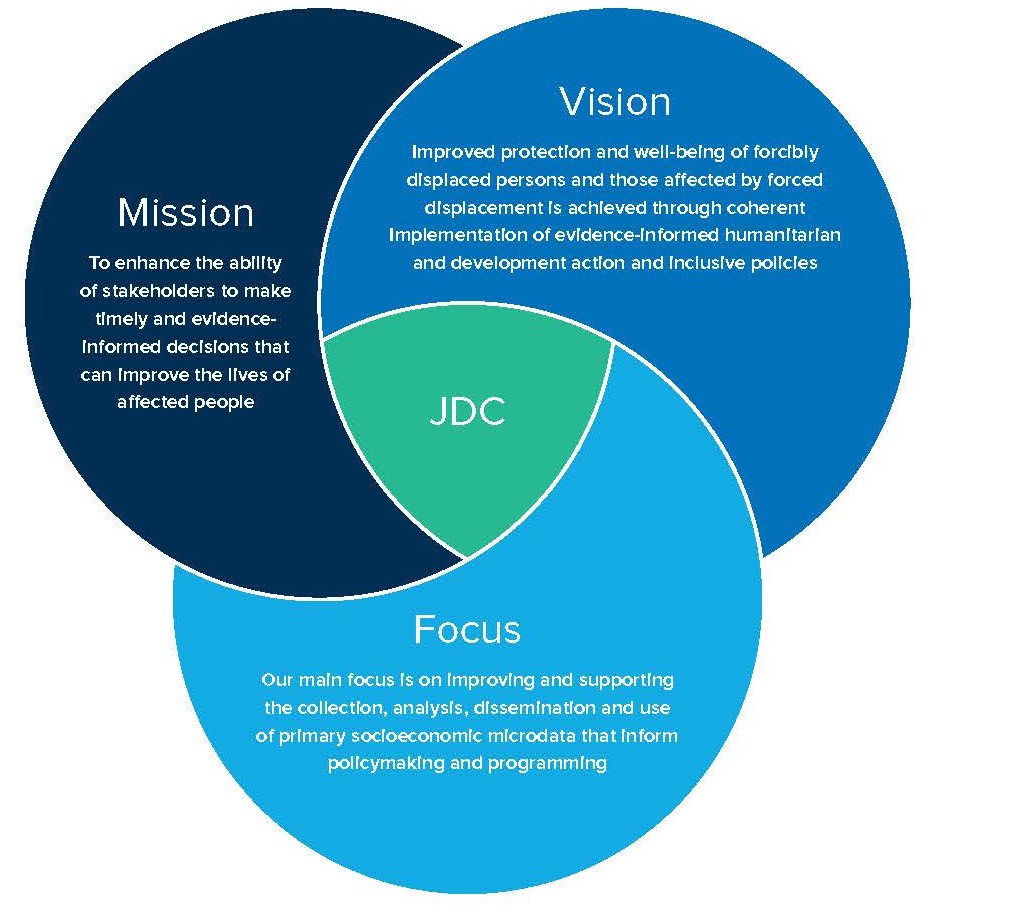
How we work
The JDC offers different types of support and guidance to activity implementation teams. In most cases, this entails a combination of the following:
• Financial investments covering full or partial costs of proposed activities as relevant;
• Technical guidance and support in order to ensure high quality outputs and useful outcomes, to allow learning from expertise, and to streamline processes;
• Strategic advice to initiate and develop activities that are relevant to shape policy dialogue and inform programs;
• Partnership building and coordination to identify and connect partners to enhance project outcomes, capitalize on synergies and increase impact.
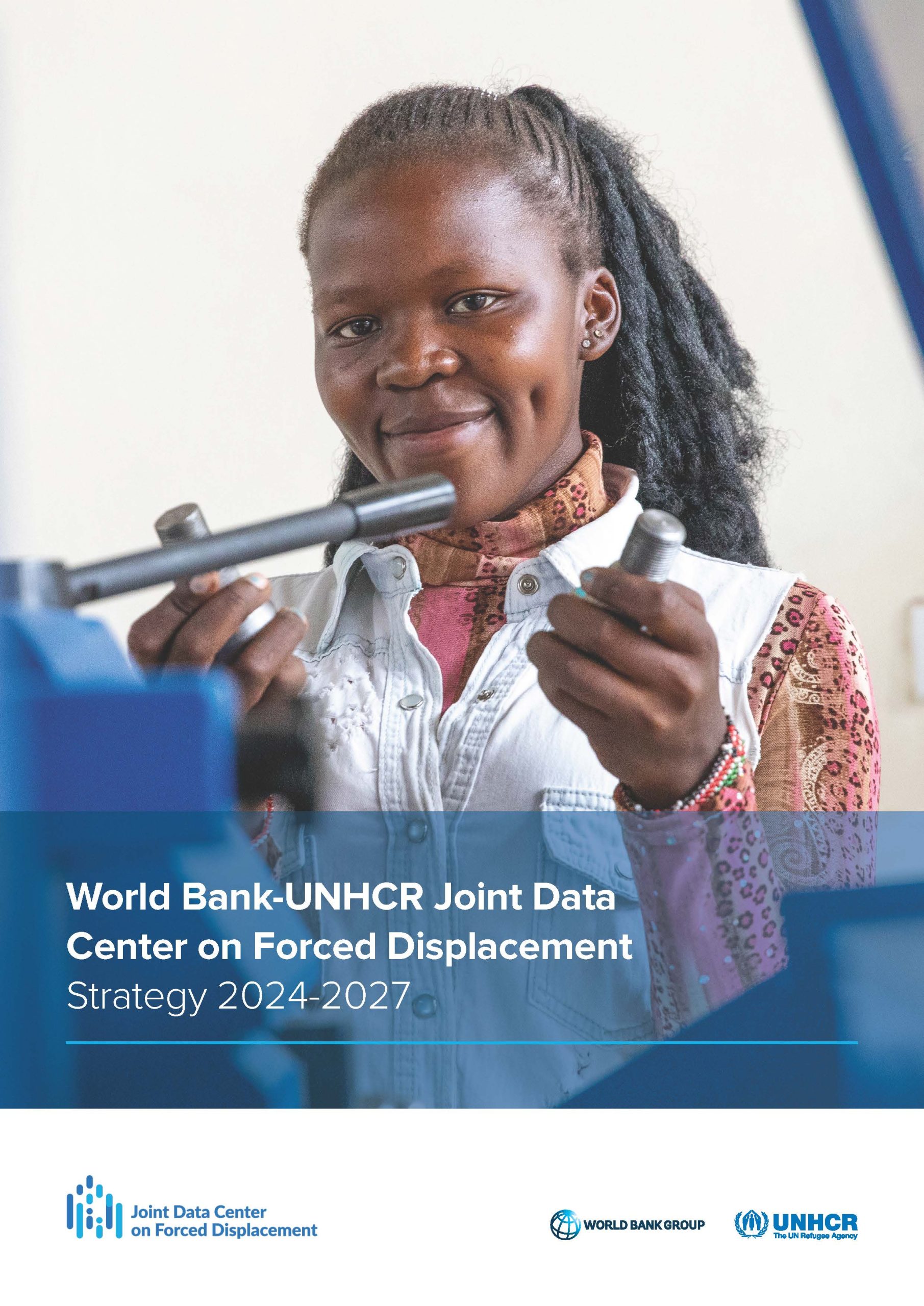
Our team
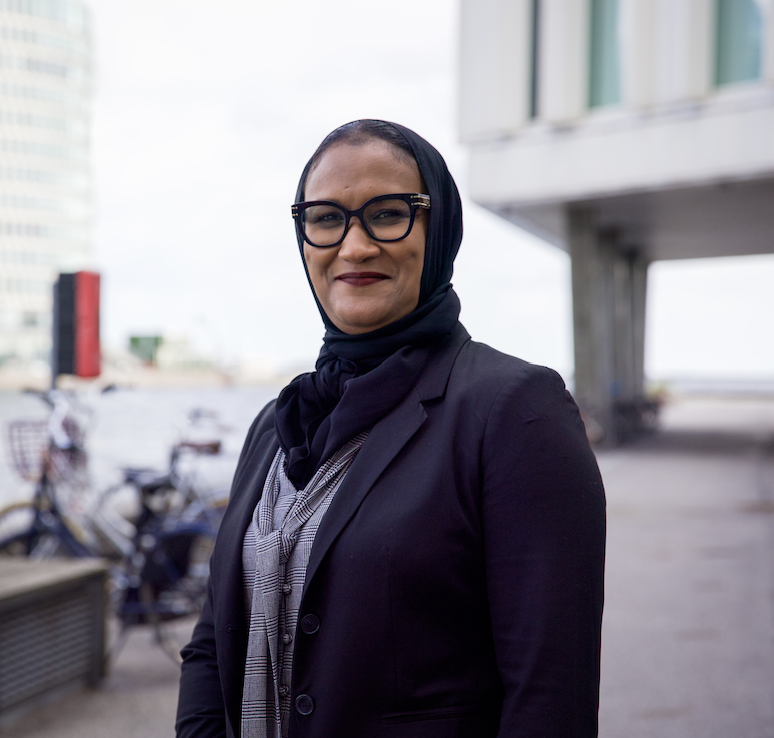
Aissatou Maisha Dicko
Head
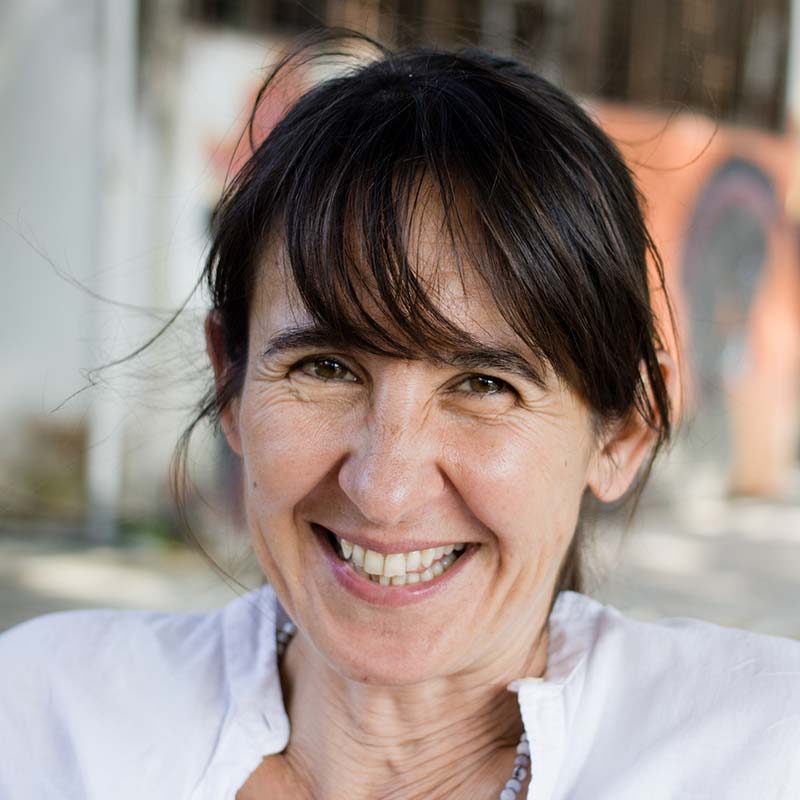
Maja Lazić
Deputy Head

Felix Schmieding
Senior Statistician

Domenico Tabasso
Senior Economist

Paddy Brock
Senior Data Scientist

Wendy Karamba
Senior Economist

Ahmadou Dicko
Senior Statistician

Charlotte Persson
Management Support Consultant

Adriano Belisario
Data journalist
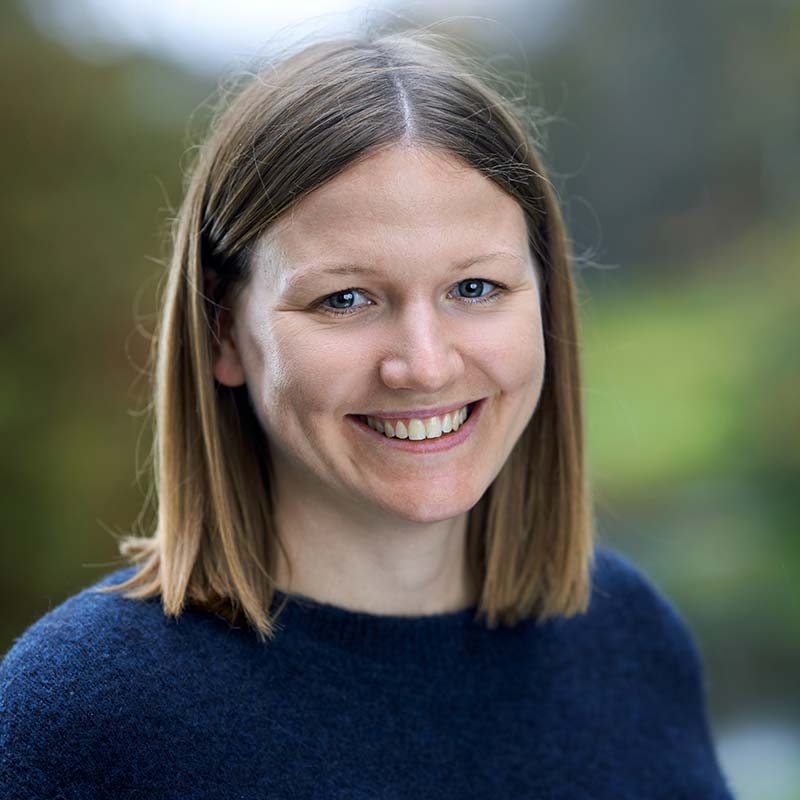
Marie Gertz Schlundt
Administrative Associate

Katherine Perkins
Administrative Associate

Ruth Cejas Eugercios
Administrative Associate

Arnold Musungu
JDC Fellow

Mbithe Nzomo
JDC Fellow

Sofia Leopold
Economic and Data Analysis Intern

Diana Manucharian
Communication Intern


